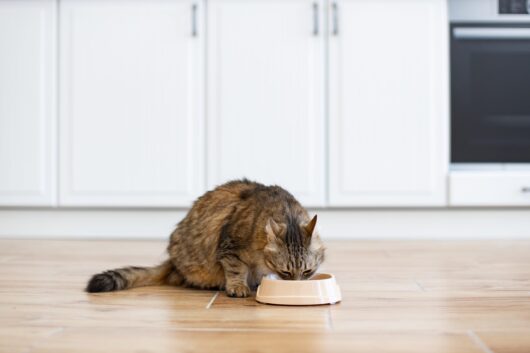
Selecting the right nutrition for your kitten is crucial to ensuring their healthy growth and development. Wet food is often an excellent choice, providing essential moisture and nutrients. With numerous options available, it can be overwhelming to determine the best wet food for your kitten. This guide aims to simplify the process, helping you make informed decisions for your pet’s well-being.
Why Kittens Need Specific Nutrition
Kittens have specific dietary requirements distinct from adult cats. Their rapidly growing bodies demand high-quality protein, fats, and essential vitamins and minerals. Wet food often meets these needs more effectively than dry kibble, offering higher moisture content that supports hydration and urinary tract health.
Wet food is particularly beneficial for kittens due to its soft texture, making it easier for them to chew and digest. The increased water content aids in hydration, crucial for kittens who may not drink enough water on their own. Additionally, wet food’s aroma and taste are often more appealing, encouraging picky eaters to consume adequate nutrition.
What to Look for When Choosing Wet Food
When selecting the best wet food for kittens, consider the following:
- Focus on brands that use high-quality proteins like chicken, turkey, or fish as the primary ingredient. Avoid products with fillers, artificial preservatives, or excessive carbohydrates. Look for labels indicating “complete and balanced” nutrition, ensuring your kitten receives all necessary nutrients.
- Ensure the food is specifically formulated for kittens. Check for appropriate levels of protein and fat, as well as essential nutrients like DHA for brain development, taurine for heart health, and calcium for strong bones and teeth.
- Research brands with a strong reputation for safety and quality. Reviews and recommendations from veterinarians or pet nutritionists can provide valuable insights into the best options available.
All kittens are different and so are their diets; it’s important to consult your doctor when testing out new food. Introduce new wet food gradually, mixing it with their current diet to avoid digestive upset. Monitor your kitten’s response, adjusting portions to maintain a healthy weight and condition. Always provide fresh water alongside their meals.
Final Thoughts
In conclusion, choosing the best wet food for your kitten involves understanding their nutritional needs, evaluating product ingredients, and considering brand reputation. By selecting high-quality options, you can ensure your kitten’s diet supports their growth, health, and happiness.
Feel free to share your experiences or any questions you might have in the comments below. Your insights can help fellow pet owners make informed decisions for their furry companions.